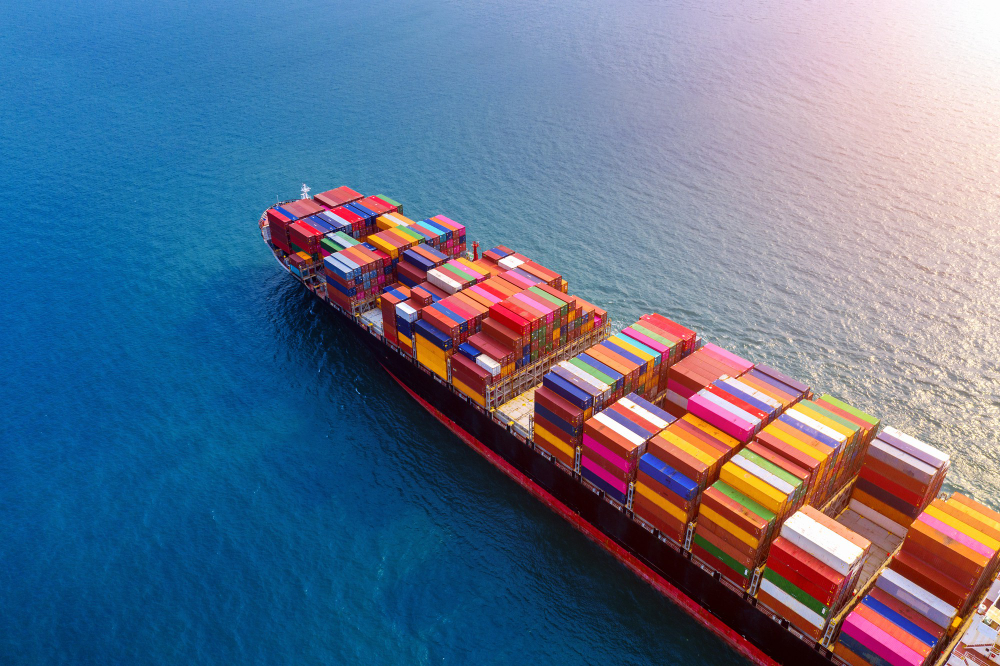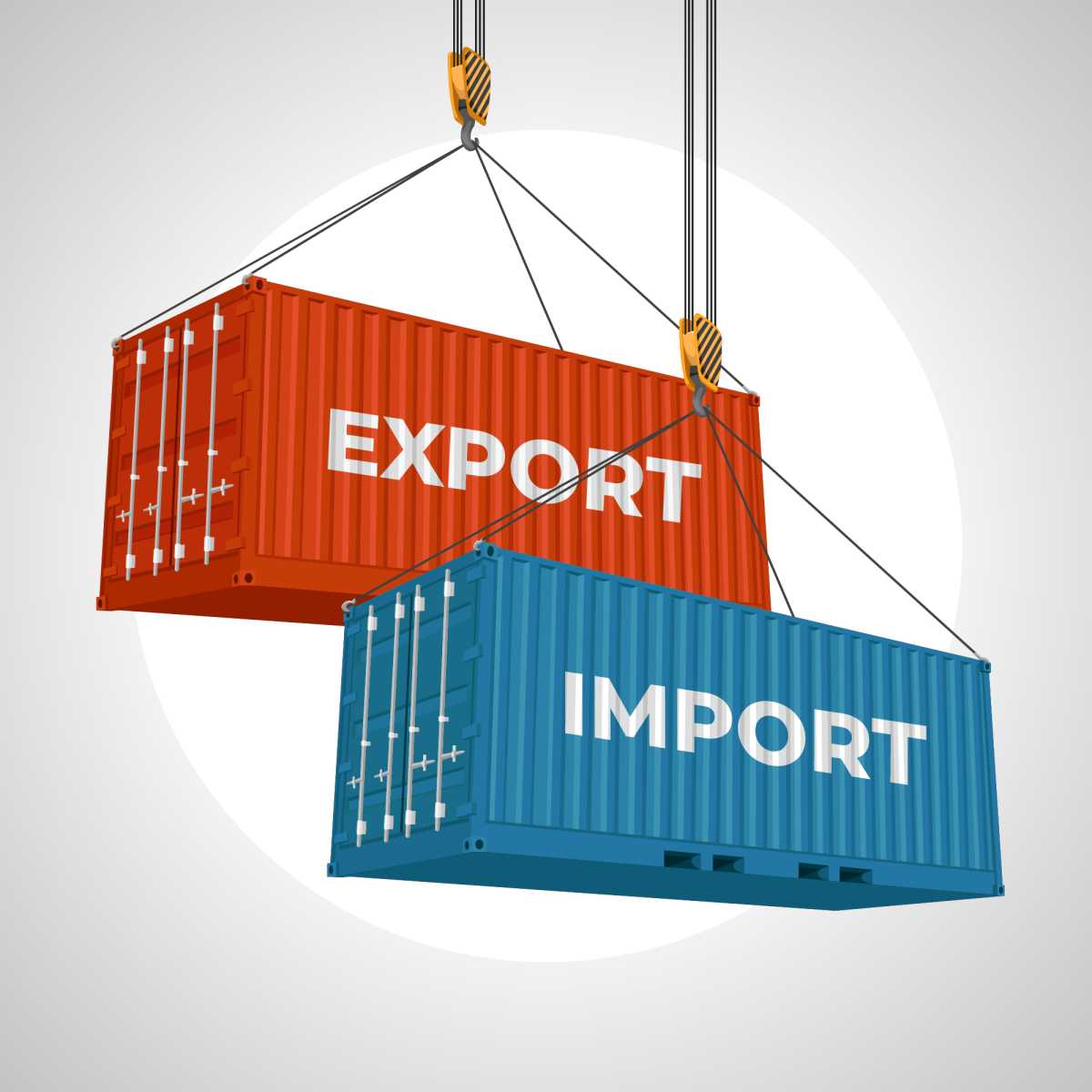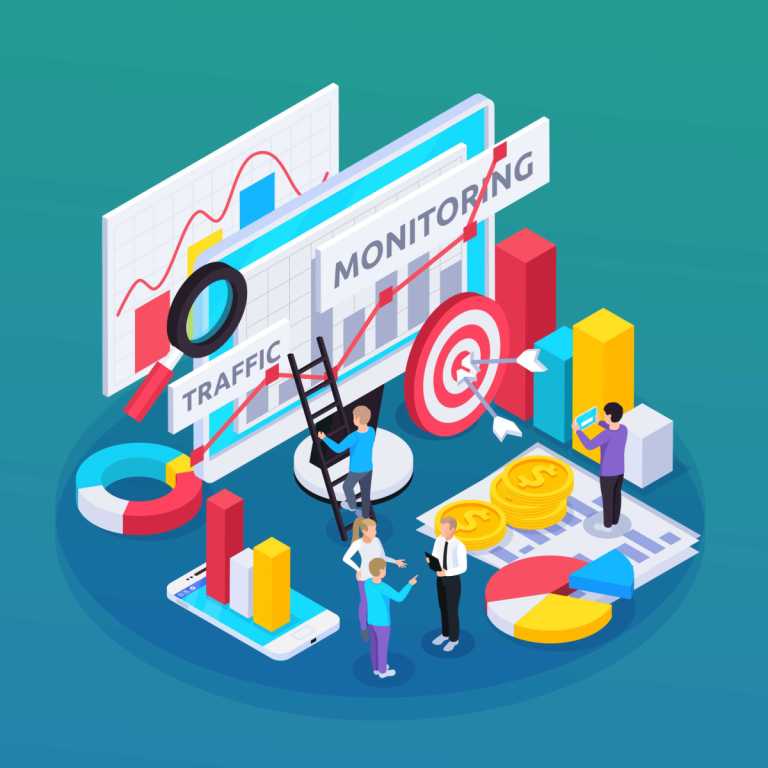Selling internationally also requires a special kind of license – that is an import-export license. Here we have for you a short guide on what it is and how it works. By the end, you’ll be knowledgeable regarding it when applying for one in the future.
What are import-export licenses?
An import-export license identifies what products are shipped or delivered between international locations. A license may or may not be required, depending on the product. Import-export licenses are granted by governments and are required to ship certain products in or out of the country.
Getting an import-export license is an integral part of the international shipping process. Not everything requires a license but knowing what does and which government agency oversees these licenses is important to be a part of the import-export business.
Types of licenses in international trade

Dealing with international trade also involves you having to abide by the regulations of specific countries that you’re exporting to or importing from. Because of that, there are specific types of licenses that you should be aware of:
1. Open General Licensed Items
These are for the generally allowed items to be freely imported and exported by all countries without restrictions, worldwide. These include textiles, consumer durables, handicrafts, electronics items, etc.
2. Specific Import Licenses
You may be importing or exporting items like second-hand capital equipment, plant and machinery, engine parts and others. Such goods are allowed to be imported into the receiving countries only through specific licenses. A license for this purpose would have conditions required to be met by the importer to prove the viability of the item being imported.
3. Quantity Restrictions or Quota
Some countries allocate quantity restrictions for the import of items like textiles from certain countries and exporters would have to adhere to the quota norms. These are usually periodically reviewed and amended as required, so be sure to get the latest updates on the matter.
4. Export Licenses
Governments control and restrict the export of certain items or resources by issuing export licenses. This is also something to be crucially aware of.
5. Negative List
Most countries have a negative list. A list of items which are prohibited from being imported and exported. These are the typical, expected items like animal hides and other wildlife, livestock, narcotics and many more sensitive items.
Kinds of import-export licenses

Some examples of categories for items that require a specific import-export license:
Agricultural products
Countries typically have regulations on the import and export of live animals and related animal products, as well as plant and wood products. Usually, you have to provide proof that the receiving country’s laws are satisfied. You could also be required to supply information on the country the animal is from or has visited, and the length of stay in that country.
In addition, to export live animals an accredited veterinarian would complete and sign an international health certificate and then seek approval from a local veterinary services office. For getting an import license, it’s necessary to make sure that state and local regulations are fulfilled and paperwork is completed.
Automobiles
Importing automobiles requires:
- Documentation
- Vehicle identification number
- Letter from both the manufacturer and the recipient
-
Letter with the manufacturer’s information and information about the product(s) to make sure that they conform with motor vehicle safety regulations
Usually, when the automobile is shipped, it has to have its certification affixed on a particular part.
Chemicals
Specifications for importing and exporting chemicals like pesticides are even more strict. This shouldn’t be a surprise considering the potential health and safety hazards that come with them.
Food and beverage products
When it comes to the import of food and beverages, license requirements can vary significantly based on the product, as well as where it’s going. There are also specific forms required when importing or exporting each different type of food or beverage.
Pharmaceuticals and Biotechnology
All imported human drugs and biologics must be approved to ensure that they are in compliance with the health and safety criteria. Some foods, cosmetics, and medical devices are also subject to these regulations depending on the type. An export certificate must be obtained in order to export human drugs and biologics.
Why do I need an import-export license?

For you and other import/export businesses, these licenses provide protection from legal disputes and potential financial loss. They also see that potentially volatile items, substances, or services are managed properly when entering or exiting to keep everyone safe.
Import and export regulations vary significantly by product, so it’s essential for you, either as the importer or exporter to make sure that you have the appropriate license and documentation for all of your shipments.
How does an import-export license work?
Aside from being a legal requirement for certain imports and exports, licenses are there to protect international trade and the domestic economy. Export and import guidelines are there to protect and strengthen local industries in general.
They maintain fair trade practices and compliance with international laws. Proper administration of licenses is important to maintaining national security, managing short supply, stabilizing regions and crime control, and even involving anti-terrorism practices.
How do I get an import-export license?
Getting yourself an import-export license would, presumably, take time (as all bureaucratic processes tend to). But essentially there are only three things to do:
1. Research Export Controls
Familiarize yourself with the country’s export controls. The federal government restricts exporting certain items to other countries for various reasons.
2. Apply for an Import/Export License
Some items, such as basic consumer goods with no particular technological sophistication, can be exported without a license. If there are guidelines that say you need a license to export your product, then you have to apply for it. Pay close attention to the specific instructions.
You have to obtain an import license from each country you plan to export to. Procedures vary, but you can get assistance by hiring legal counsel in that country, or by contacting that country’s embassy.
3. Contact the Appropriate Agency
Get the appropriate import license for the particular goods you plan to import from the appropriate agency responsible. There is no single license you can get to authorize you to import everything. Instead, you have to get a license from the specific federal agency that has jurisdiction over the products you want to import. In each case, contact the specific agency and follow their specific procedures.




Leave a Comment